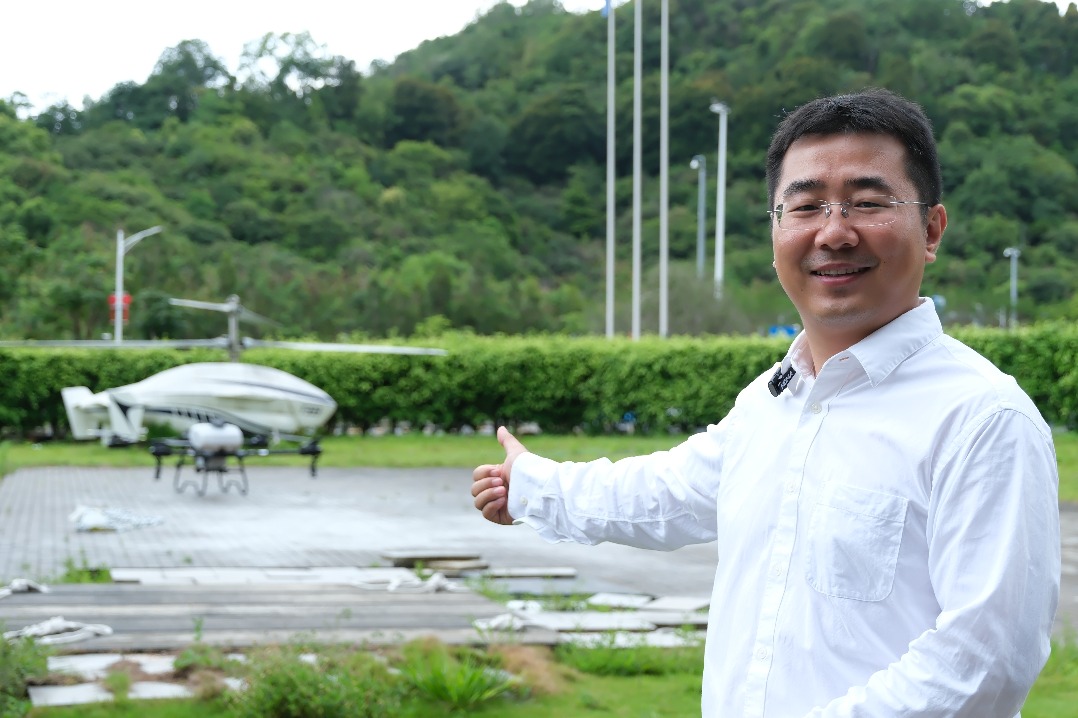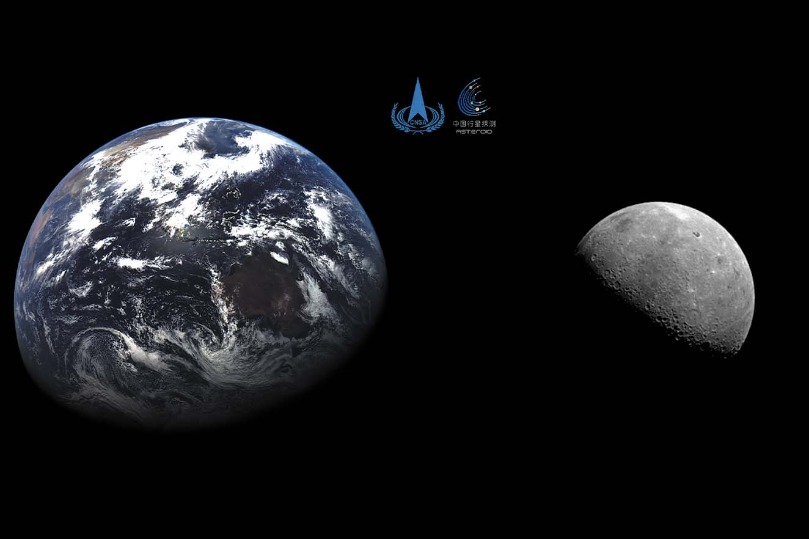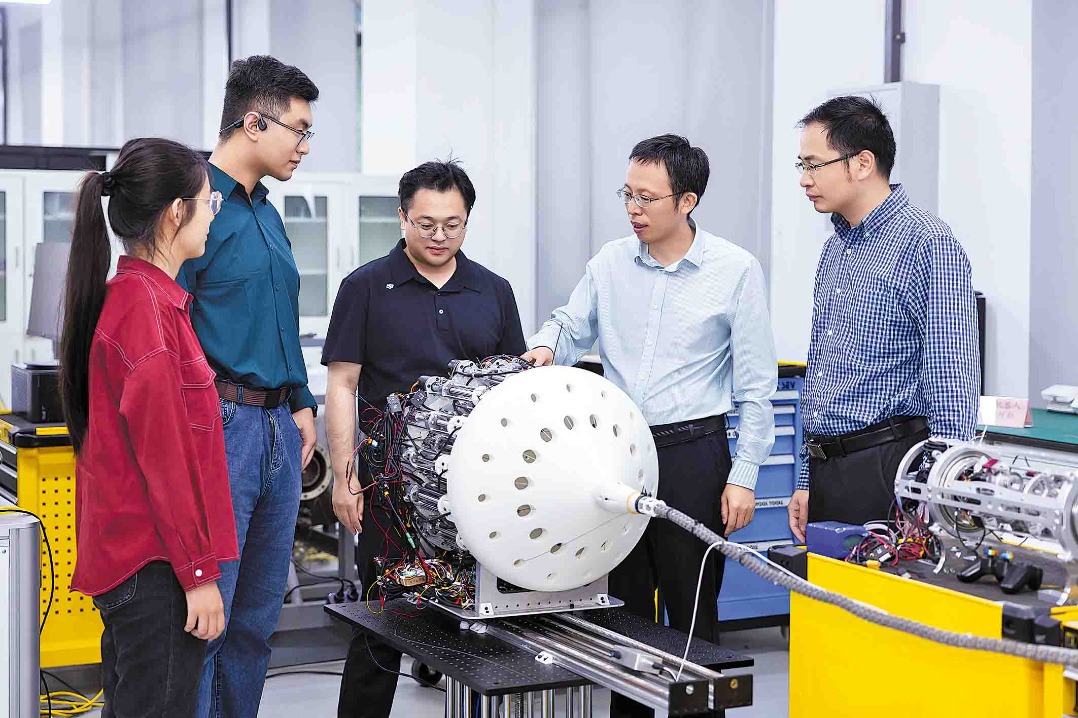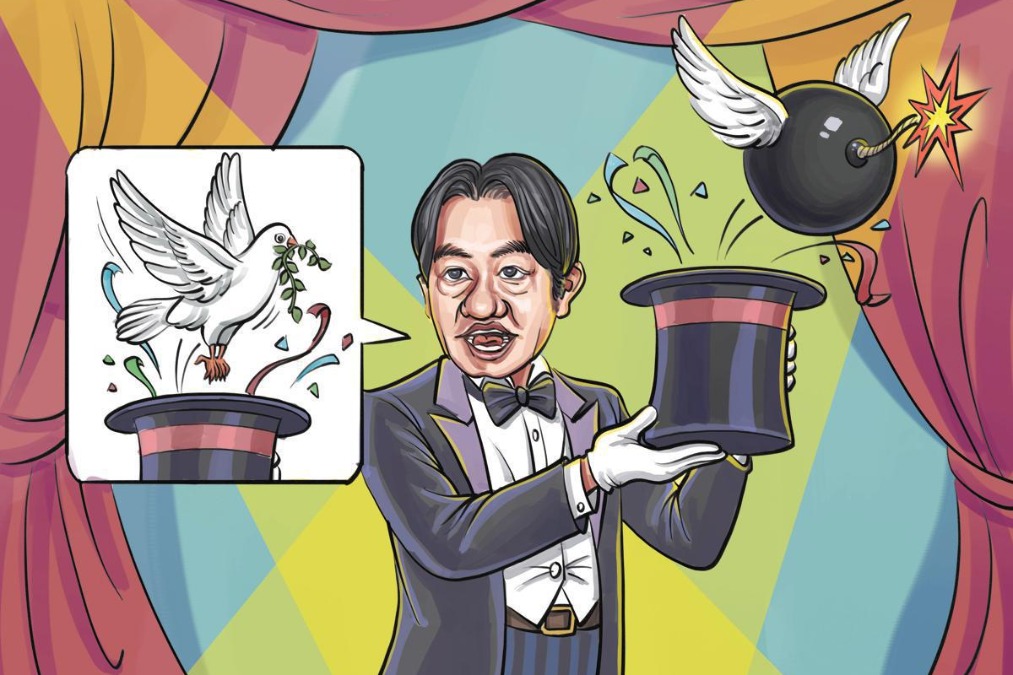Foundational inspiration
70 years after Bandung: The dynamics between Africa, Asia and the global powers are still evolving

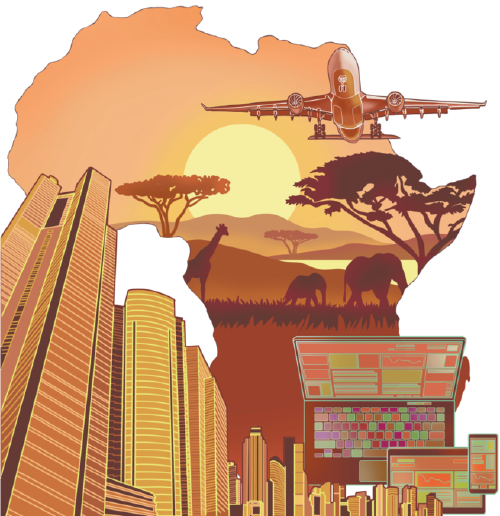
JIN DING/CHINA DAILY
The post-Bandung Conference era witnessed sustained pressure on Africa-Asia relations from Northern Hemisphere powers. Following the wind-down of the Cold War since the 1990s, the cooperative paradigm between Africa and Asia has undergone a substantive transformation, primarily driven by intensified intergovernmental economic interactions. This evolving relationship has witnessed the emergence of the Global South powers as pivotal actors, fundamentally reshaping cross-regional cooperation frameworks.
The evolution of Africa-Asia relations since the 1955 Bandung Conference reveals a development trajectory characterized by cooperative multilateralism, reciprocal assistance mechanisms, and sustained advocacy for equitable global economic architectures amid the persistent external meddling of the United States-dominated West. Despite this outside interference, Asia and Africa, navigating post-colonial transitions, have established substantive cooperation grounded in shared historical experiences of colonial subjugation. From the beginning, the financial architecture transformation, which has intensified African engagement through mechanisms such as the New Development Bank, has been marked by the very feature of reciprocal and respectful development cooperation and partnerships between the increasingly visible BRICS nations. Moreover, the African Continental Free Trade Area, designed to address market fragmentation on the continent, has positively responded to persistent intra-African trade underperformance despite prior regional integration efforts. This strategic recalibration underscores Asia's renewed positioning as Africa's development partner.
The Bandung principles continue to underpin China-Africa cooperation, emphasizing mutual development objectives, value alignment and cultural dialogue. Particularly noteworthy is the enduring relevance of anti-colonial solidarity in addressing contemporary challenges such as poverty reduction, climate resilience and territorial sovereignty preservation. China employs multiple engagement frameworks ranging from bilateral agreements to multilateral platforms such as the African Union and the Forum on China Africa Cooperation predominantly driven by economic complementarity. China's commitments to Africa surpassed $60 billion during the period from 2000 to 2013, channeled predominantly into infrastructure development, information-communication technology, agricultural modernization and social welfare enhancement.
Historically, Africa's economic relations and investment deals with Asian countries have been sideline issues in geopolitical discourse largely due to the unbroken neocolonial economic grip of the Western countries on the continent. However, strategic priorities have increasingly transitioned from industrial fragmentation toward implementing diversified strategies to navigate the escalating great power rivalries, particularly counterbalancing the US hegemony in the Asia-Pacific region. The increasing relevance of political determinants in trade-investment decision-making has compelled the Association of Southeast Asian Nations members and other Asian states to recalibrate their diplomatic postures while forging stronger multilateral ties with African nations. Chinese investment in Africa, in this respect, has been fueled by increasing prosperity, immense domestic demand for resources, and the construction of infrastructure for growth. These intersecting imperatives have necessitated the formulation of novel Africa-Asia cooperative frameworks, particularly regarding shared positions challenging post-Cold War US geopolitical hegemony and Western-dominated international architectures following the dissolution of the Soviet Union.
Meanwhile, China maintains its position as the largest developing nation with an unparalleled workforce and cutting-edge technological advancements in the most competitive areas such as 5G technology, artificial intelligence and satellite navigation systems, etc. Africa, on the other hand, has this immense demographic advantage to employ and transform the potential of such digital infrastructures with its young and fast-growing population, which represents one of the world's most significant emerging markets.
While this potentially signals transformative opportunities for Africa's international engagement, substantial challenges still persist in many aspects from education and technological capacity building to a long-term sustainable structure of the development trajectory, all of which will not be resolved without significant support from African nations. By upholding the Bandung Spirit and moving beyond mere rhetorical commitments to peace, security and cooperative multilateralism, Asian states can confront the imperative to systematically analyze the structural forces reshaping their security paradigm. This necessitates developing coordinated, comprehensive response mechanisms through enhanced regional cooperation frameworks and conflict prevention architectures.
Seven decades after the Bandung Conference, its seminal principles persist as a constructive force in global consciousness, diplomatic assemblies and institutional frameworks. The contemporary Africa-Asia relational paradigm, emerging from this historical watershed, demonstrates dynamic multilateral alliances and a complex interplay of geopolitical dynamics. The emergence of BRICS, the strategic consolidation of ASEAN and the expanding Chinese development engagements in Africa collectively manifest a reconfigured geopolitical architecture with profound implications for regional stability, African developmental trajectories, and the restructuring of international relations.
The Bandung Conference, which was a significant moment for South-South cooperation, has injected a common sense of identity and solidarity among emerging economies through the steadfast assertion and articulation of solidarity principles and the consistent adherence to collaborative frameworks designed to counterbalance neocolonial practices and economic hegemony. This foundational legacy continues to energize and empower contemporary Africa-Asia relations, presently distinguished by the intensive focus on sustainable development paradigms and the maintenance of a multipolar global governance structure that truly advocates equity and shared development for all.

The author is deputy director of the Center for Francophone Studies and a research fellow at the Institute of African Studies at Zhejiang Normal University. The author contributed this article to China Watch, a think tank powered by China Daily.
Contact the editor at editor@chinawatch.cn.

















